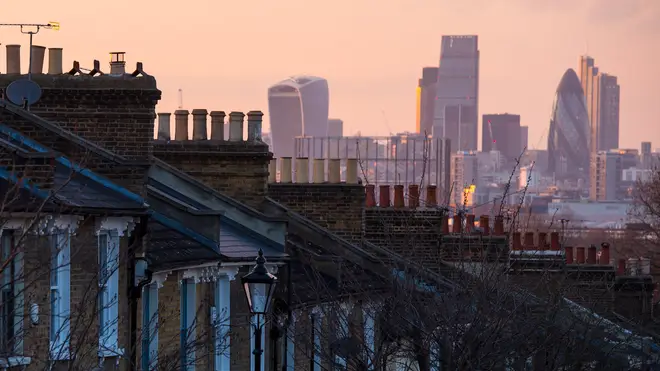
Shelagh Fogarty 1pm - 4pm
13 May 2021, 12:04

The Financial Services Compensation Scheme had previously proposed to charge institutions more than £1 billion.
The amount of money banks and other financial institutions will have to pay into an insurance pot to protect customers should one of them fail has been slashed from an earlier estimate, after they protested about the high levels.
The Financial Services Compensation Scheme (FSCS) reduced the total levy by £206 million from its January forecast.
The scheme ensures customers can get back up to £85,000 should their bank, building society or other investment fail. It does not apply to all investments, however.
It was used to help some customers of failed investment company London Capital and Finance, but was unable to refund all investors.
Each year the FSCS calculates the amount of money it thinks it will need to protect customers over the coming 12 months.
In January it said a large number of likely failures sparked in part by Covid-19 required it to ask members for a record £1.04 billion. This has now been reduced to £833 million.
We’ve just published our latest industry newsletter which confirms our updated levy forecast for 2021/22. Watch FSCS Chief Executive, Caroline Rainbird’s announcement below. https://t.co/Pc6pUtbGGZ #FSCS | #FSCSprotected pic.twitter.com/2XMeDp9bBY
— Financial Services Compensation Scheme (@FSCS) May 13, 2021
A lot of the cut cost, however, has likely just been kicked into the long grass as some failures have been delayed by Government support during the pandemic, the FSCS said.
FSCS chief executive Caroline Rainbird said: “While it may be welcome news to see a lower forecast than announced in January, we do not call this a successful outcome or ‘good news’. There is still a chance that these reforecasted failures could occur in the years ahead.
“We also appreciate the levy, even at this updated forecast of £833 million, is too high and the cost could put pressure on firms’ finances.”
The levy is still considerably higher than the £700 million charged by the FSCS last year. This is largely due to various pension schemes.
Ms Rainbird added: “We are doing all that we can to help reduce the levy and are delaying calling for the retail pool to avoid invoicing for more than we need and to help spread the costs.
“Ultimately, to deliver a sustainable reduction in the levy over time, all stakeholders, including the industry, need to work together to tackle the root causes of the problem, to help drive better outcomes for consumers and a reduction in the levy.”